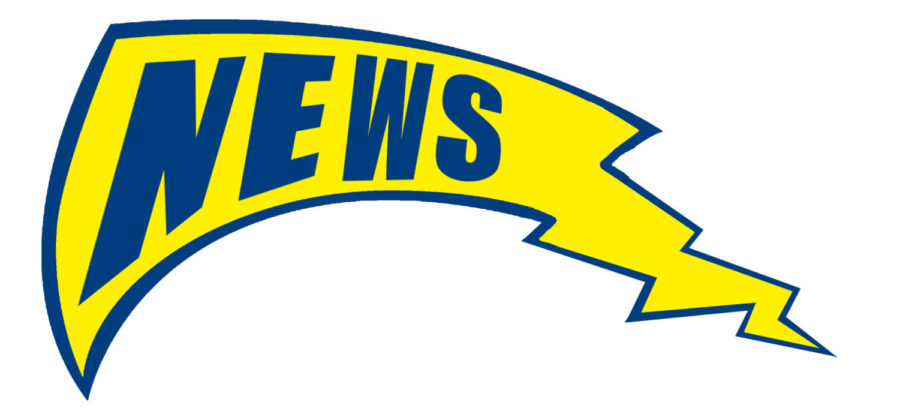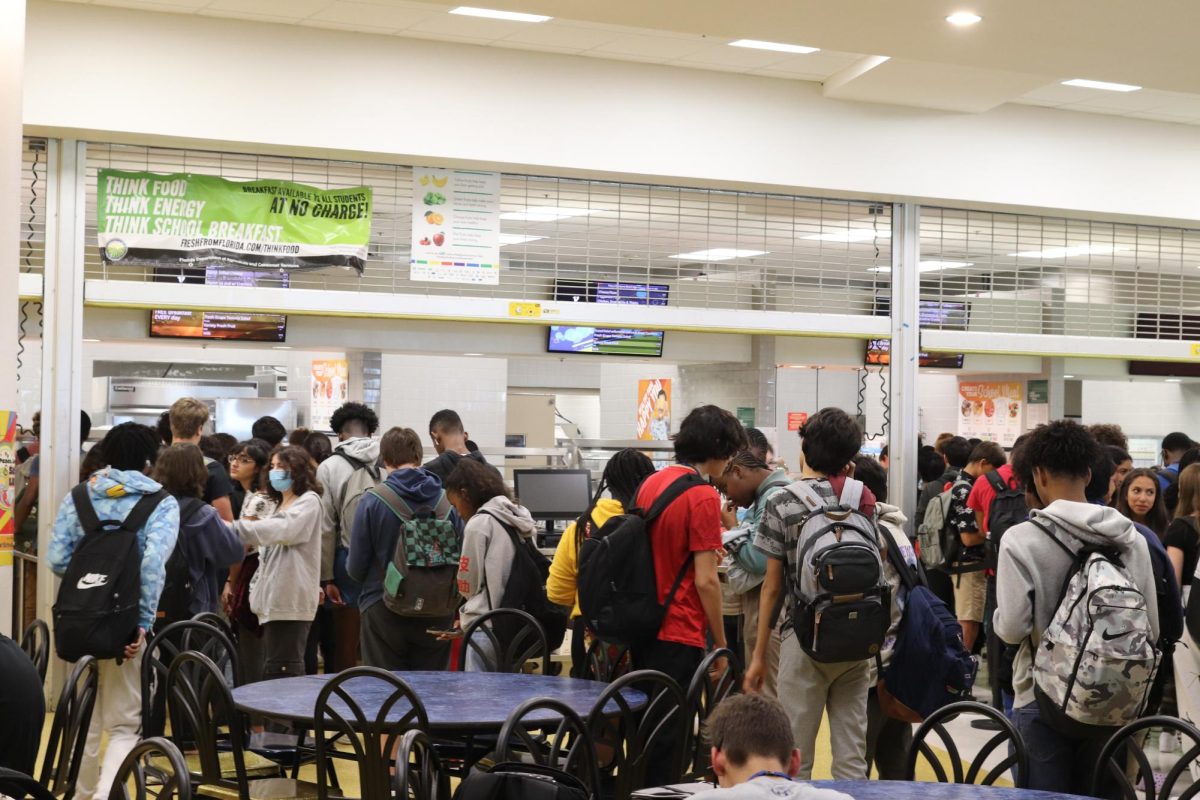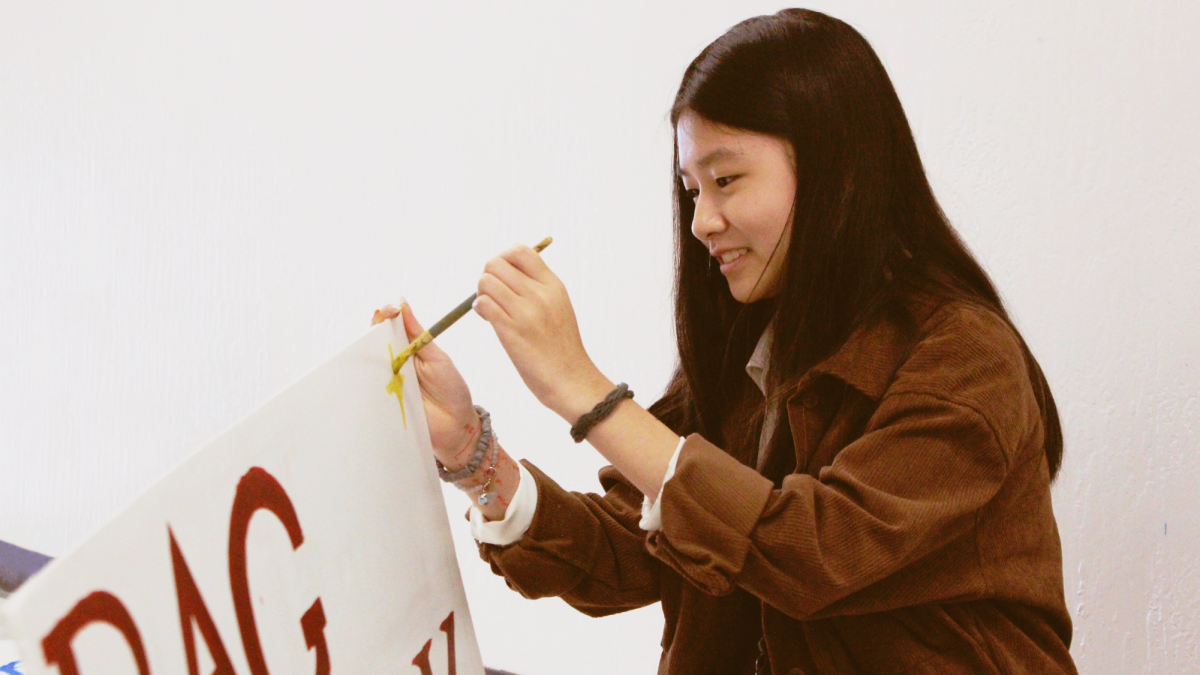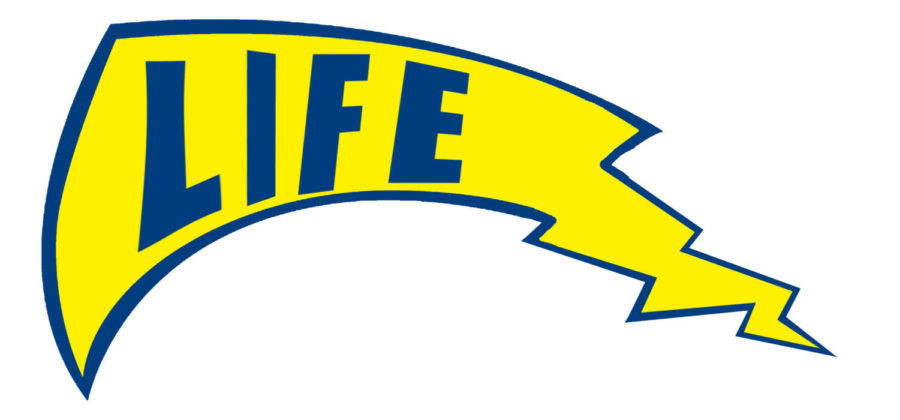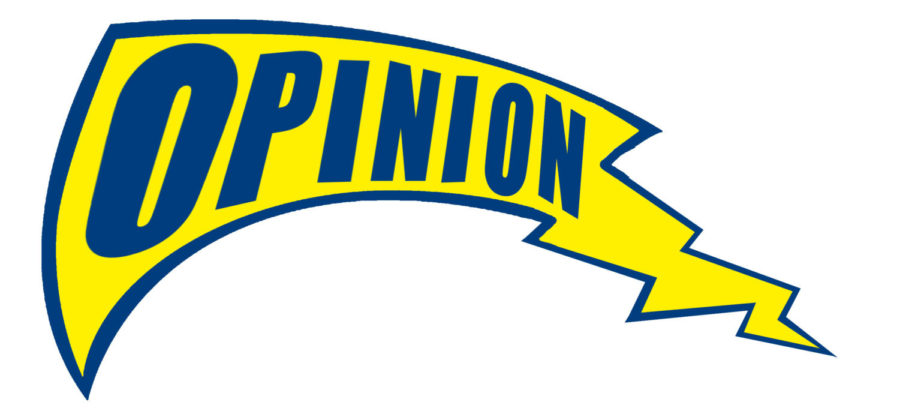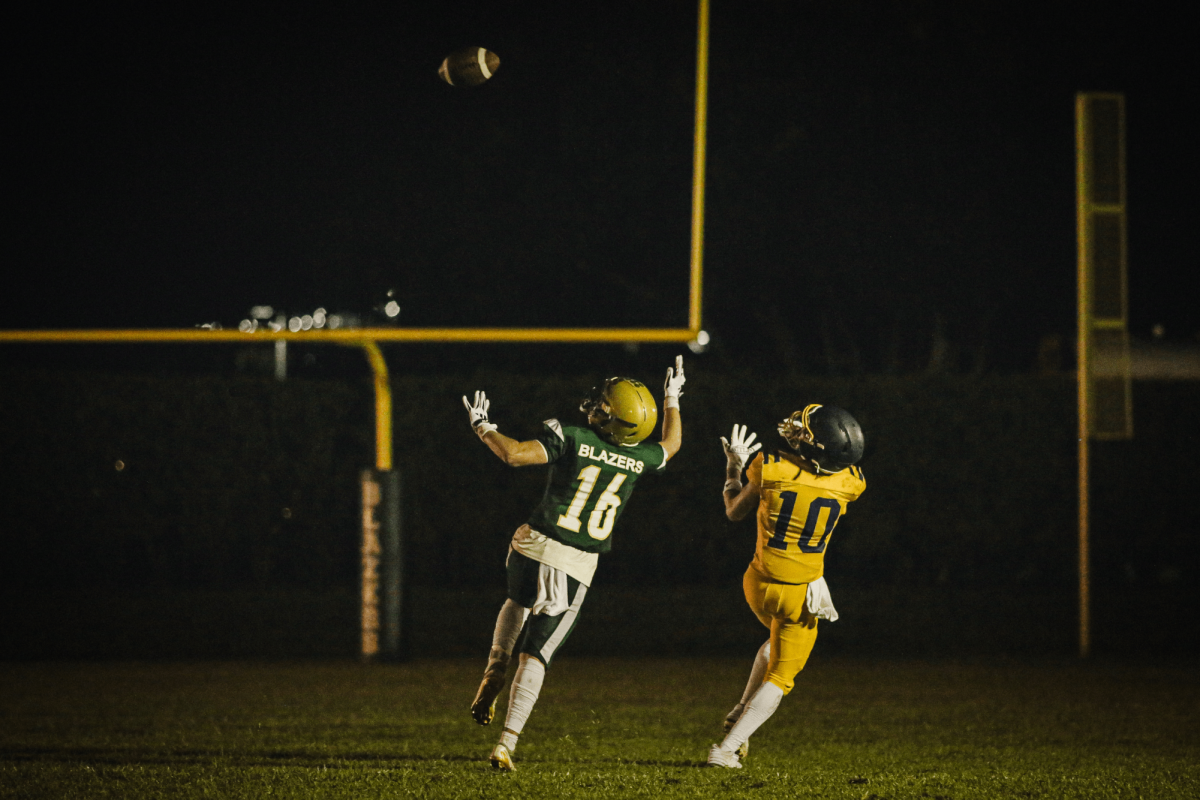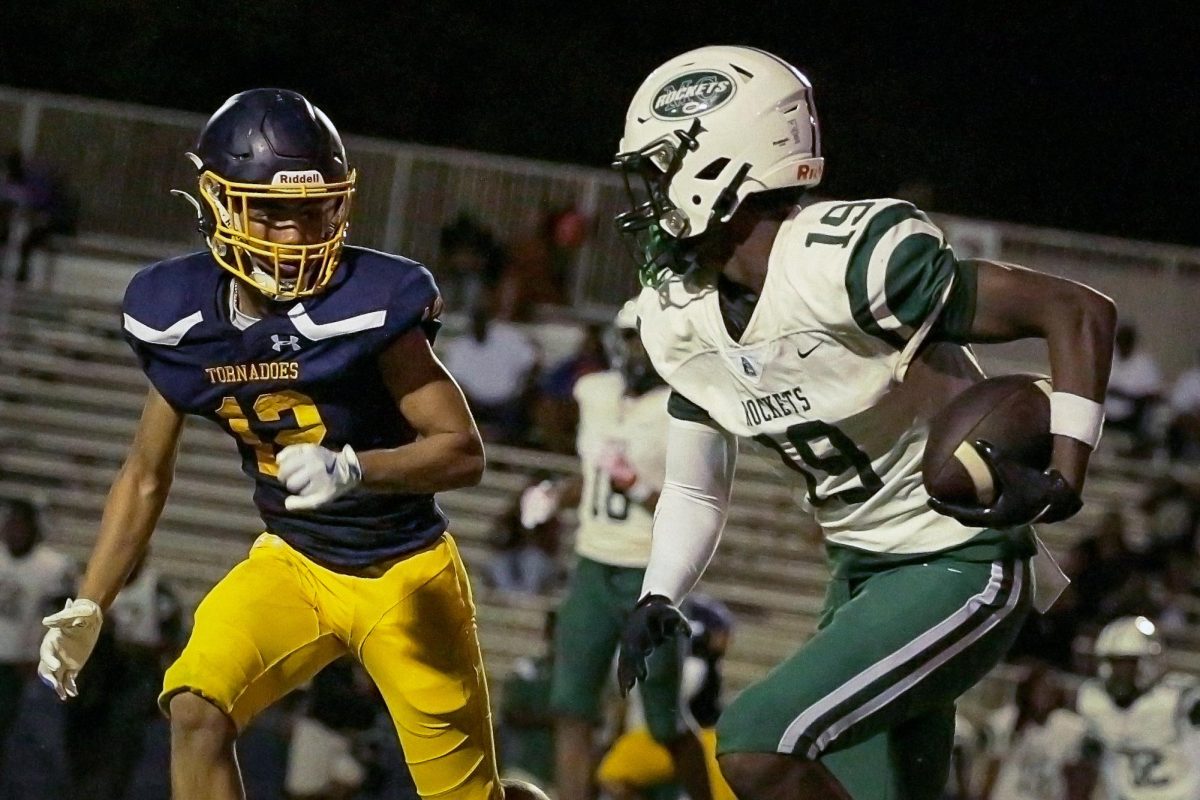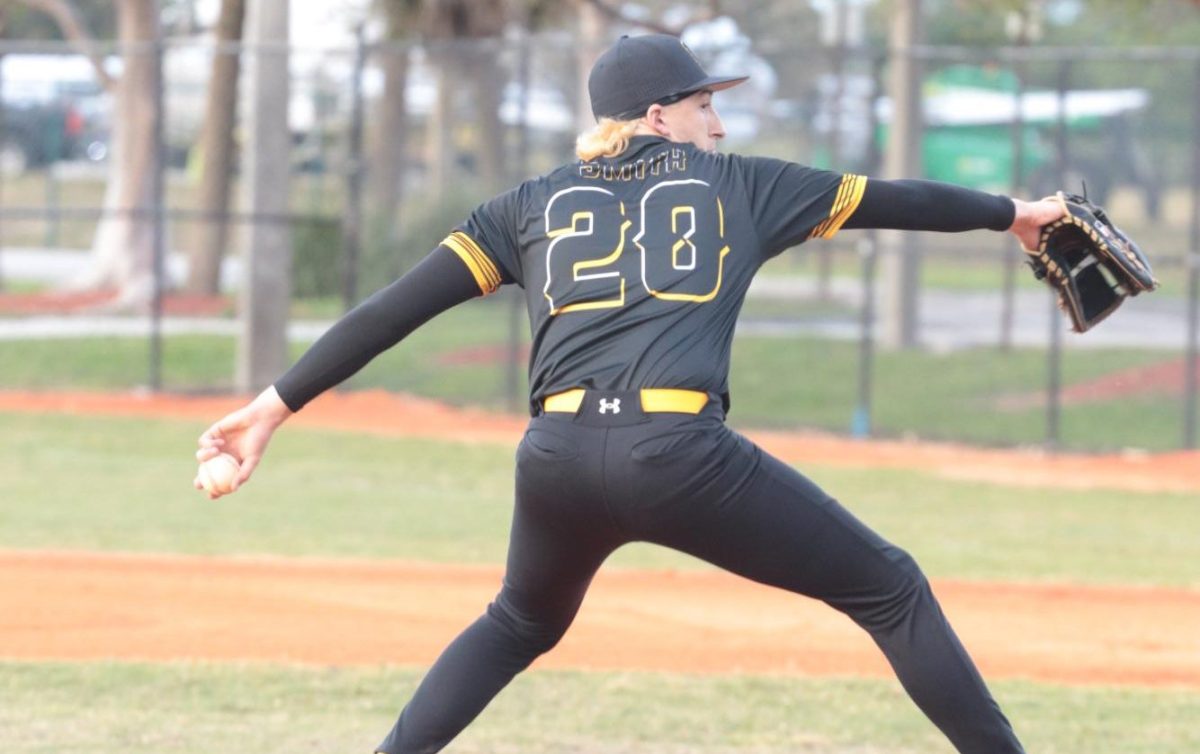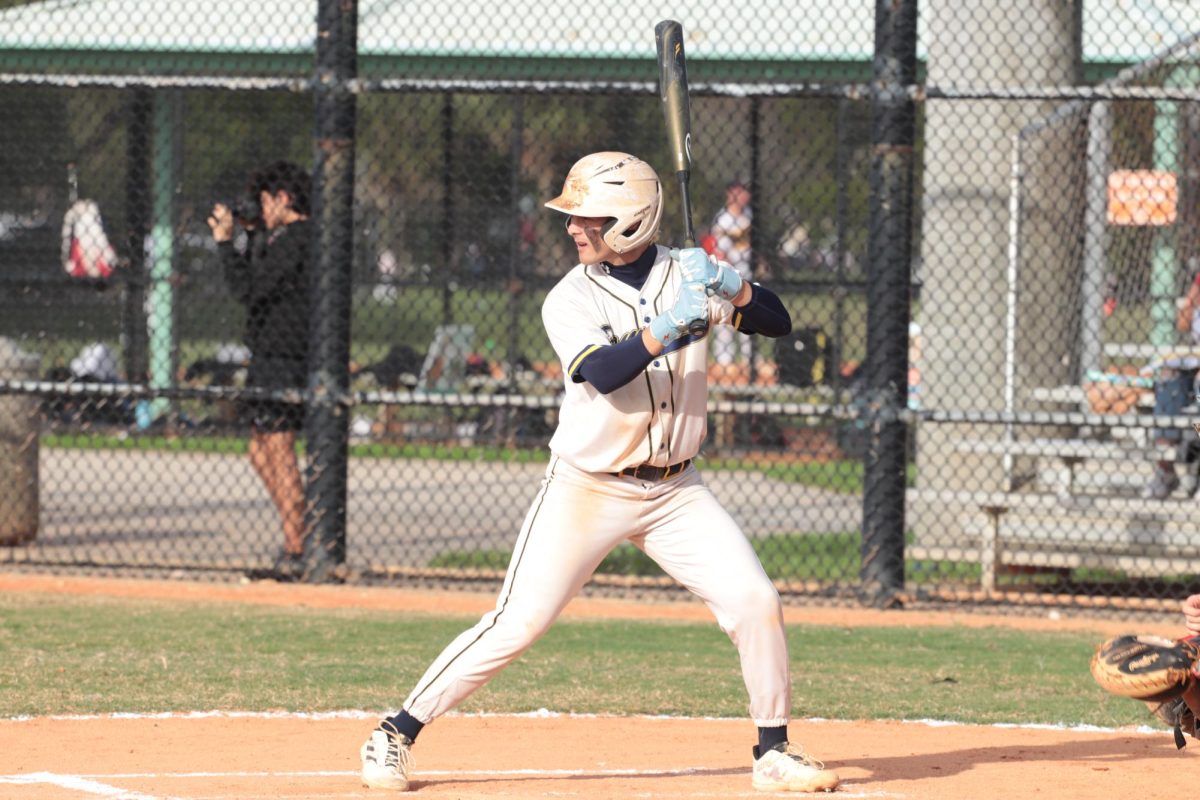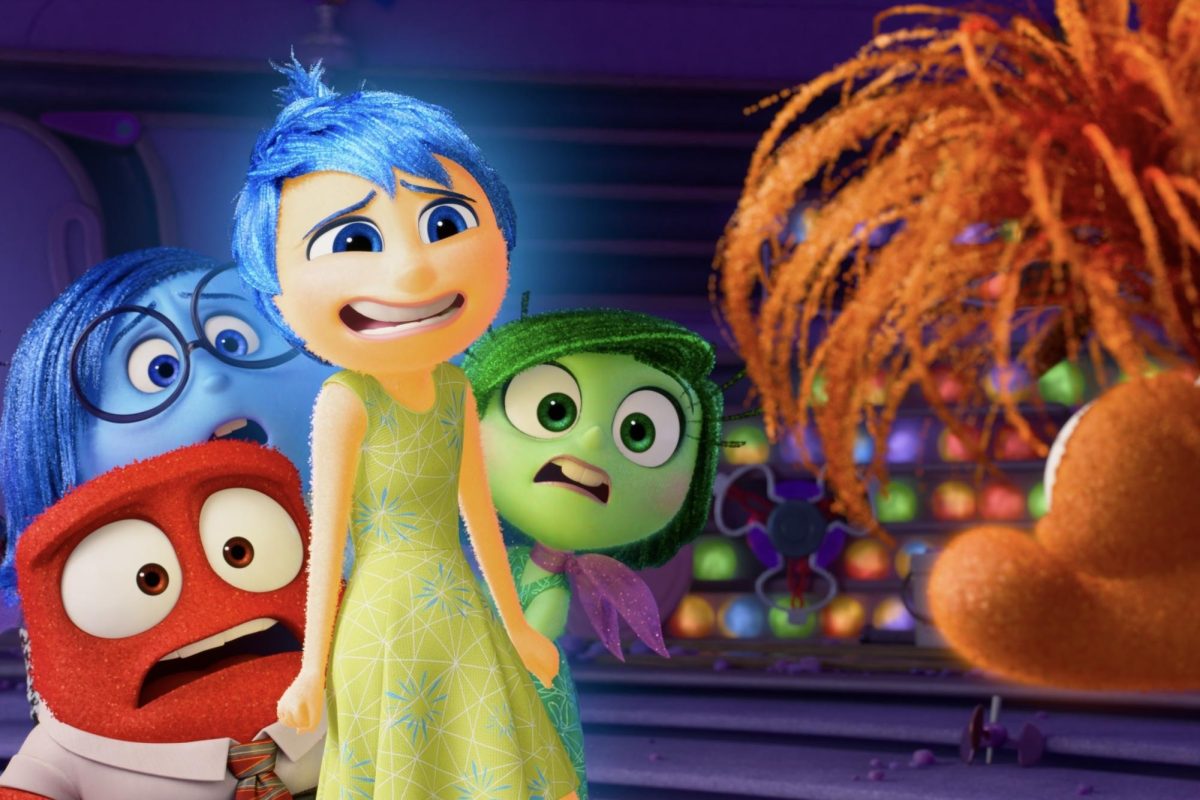Court case threatens student’s free press rights
March 10, 2023
The Supreme Court of the United States is hearing a case involving hateful speech and libelous content on Feb. 21, which has massive implications for free speech. It can very well change the internet and online journalism.
Gonzalez v. Google revolves around Section 230 of the Communications and Decency Act, which states that companies cannot be held liable for any content that is held on their website. Experts in the tech field have stated that this is how the Internet has been able to remain “free” and the “town-square” of our society.
This case is challenging Section 230 because Nohemi Gonzalez, a foreign exchange student from the United States, was killed while studying abroad in Paris during the ISIS terrorist attacks on Paris that killed 130 people in January 2015.
Gonzalez’s family is claiming that YouTube was not only complicit in the terrorist attacks, but a direct instigator. The Gonzalez family stated that YouTube recommended ISIS videos to potential recruits- the very same ones that carried out the attacks.
This law is not being challenged because of the content that is hosted on YouTube, as it would theoretically be too complicated and inefficient to moderate every single piece of content. Instead, critics argue,the law is being challenged for the fact that YouTube was promoting this hateful content and was actively degrading the state of national security.
This case also has strong implications for both professional and student journalism. While news media is already regulated, online journalism has fewer restrictions. For instance, It’s much more difficult to charge a multimedia company for holding illicit content on its website that could be potentially damaging to state affairs. If a company can’t be held liable for content on its websites, then theoretically they could publish whatever they want. While there are still First Amendment restrictions to publication,- such as libel and slander- posting on the internet still poses far less restrictions for journalism than posting in print.
Student journalists around the country will have to make sure no content that could potentially be illicit is posted to their website. While student journalists are already upheld to a certain standard, they will have to be far more careful if the Supreme Court rules against Big Tech. Content that happens to be on a website can be legally challenged, forcing student journalists to jump through hoops while making content for the website.
Whatever rules will be enacted from this case, Tornado Times will always be committed to reporting factual, non-biased news on a regular basis. Bookmark https://thetornadotimes.org/.



